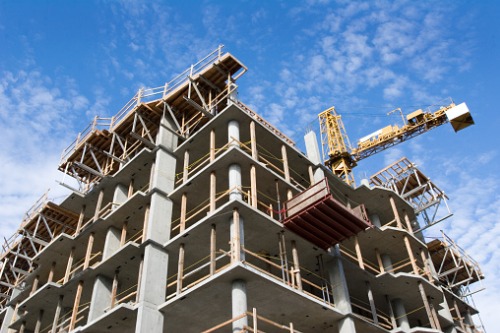The government has promised to invest approximately $10 billion

While some uncertainty around home construction remains due to a pandemic-driven decline in immigration and foreign investment, federal stimulus could push the construction industry towards greater stability this year, according to consultants at BTY Group.
The major driver is likely to be the government’s pledge to increase spending on infrastructure and renewable energy, The Canadian Press reported.
A previously announced growth plan has earmarked $10 billion in investment into renewable energy, broadband infrastructure, building retrofits, agriculture irrigation, and electric vehicle charging stations.
Construction costs are likely to grow by 3% to 5% in 2021 for Ontario, British Columbia, and Quebec, BTY Group said.
Toronto and Vancouver might well be the epicentres of this strength, if their 2020 performances are any indication.
A recent analysis by RE/MAX pegged Toronto as last year’s top market in terms of housing starts, completions, and absorptions. Citing year-to-date (ytd) numbers from Canada Mortgage and Housing Corporation, RE/MAX said that Toronto had 30,085 starts, 23,471 completions, and 21,525 absorptions as of early December.
“Despite a temporary pause in the Canadian real estate market in February and March, the nation’s housing sector has been on a tear,” RE/MAX said. “Sales activity has been surging, prices are touching all-time highs, demand is booming, and supply is shrinking. When you factor in the Bank of Canada’s historically low interest rates and the diligent work of real estate agents, it is easy to understand the extraordinary activity level coast to coast.”
During the same time frame, Vancouver had 16,179 starts, 18,474 completions, and 14,224 absorptions.
On the other hand, renewed COVID-19 restrictions in Alberta and Manitoba might lead to lower spending levels. Construction costs in Saskatchewan and Atlantic Canada will be influenced by low interest rates, leading to essentially flat spending growth.



